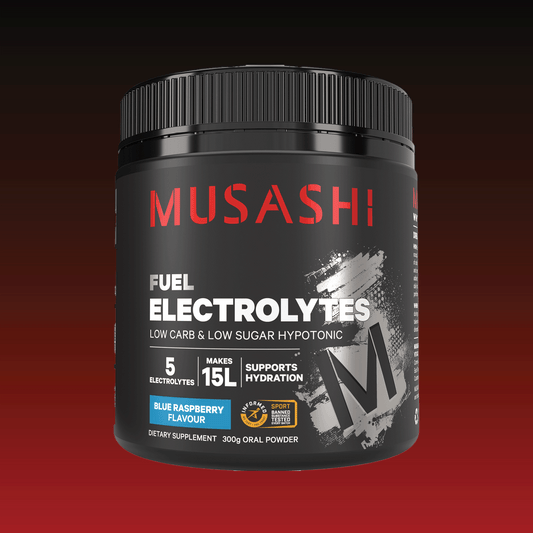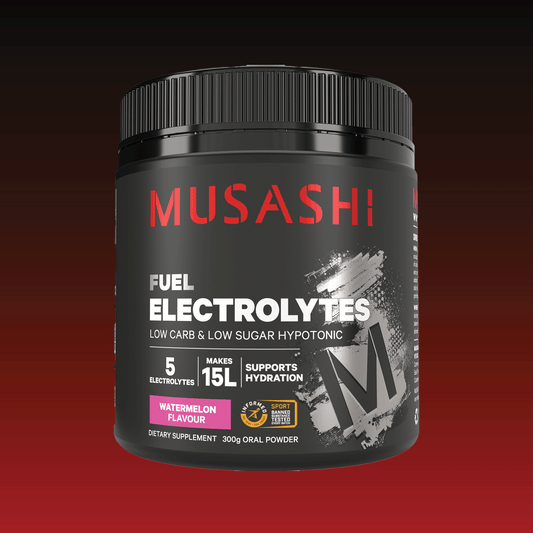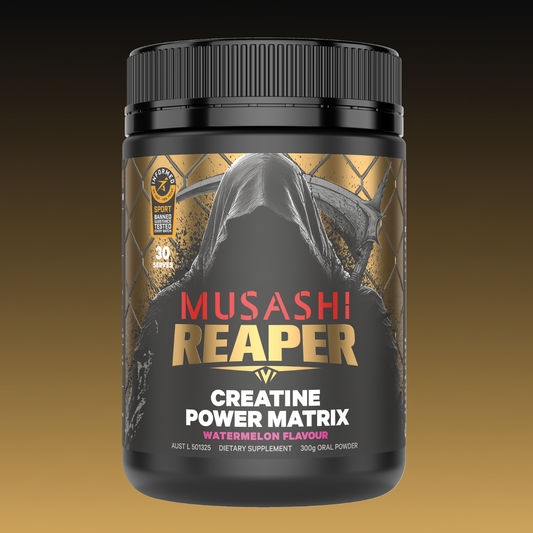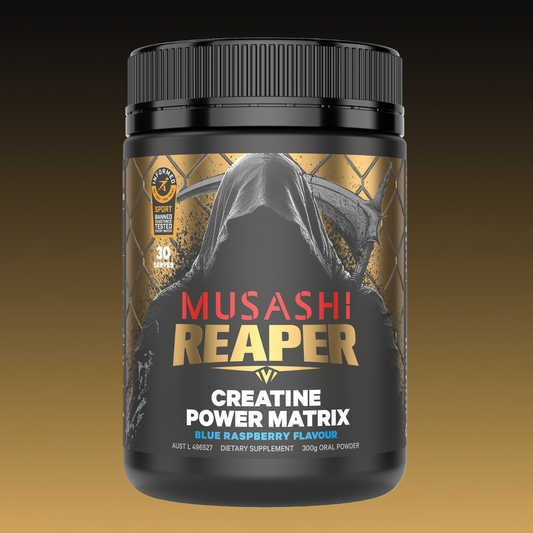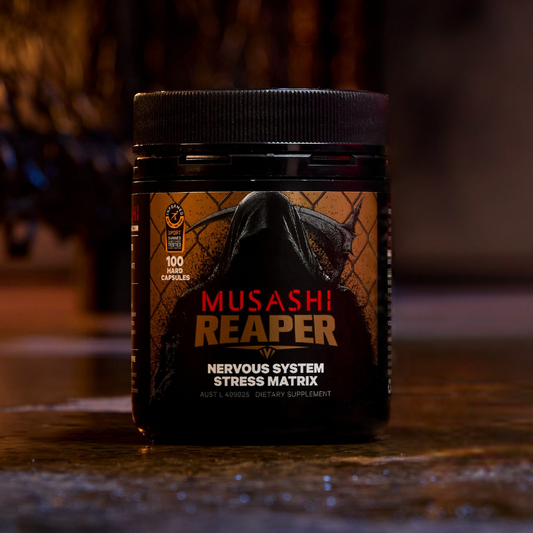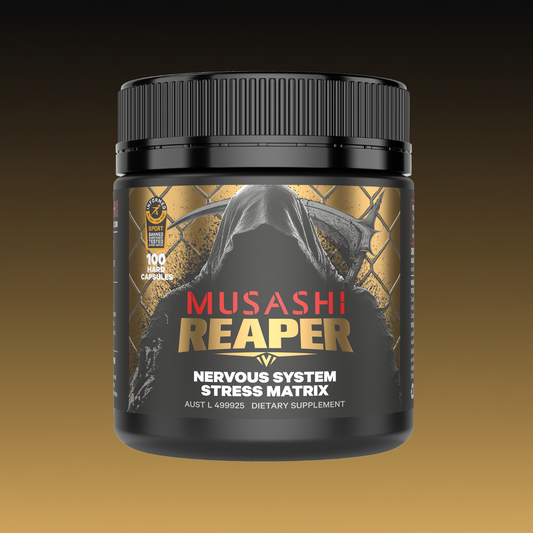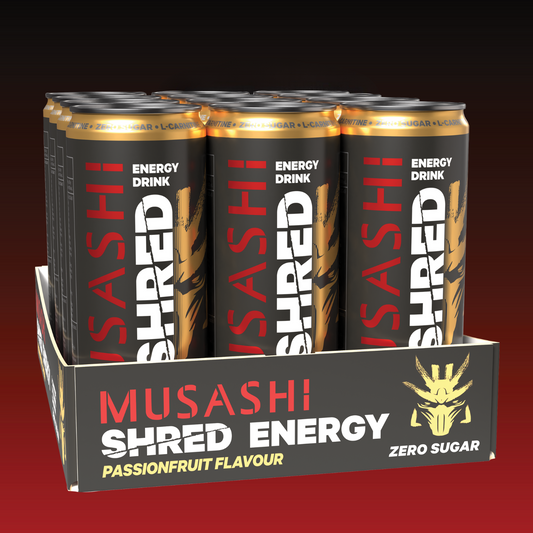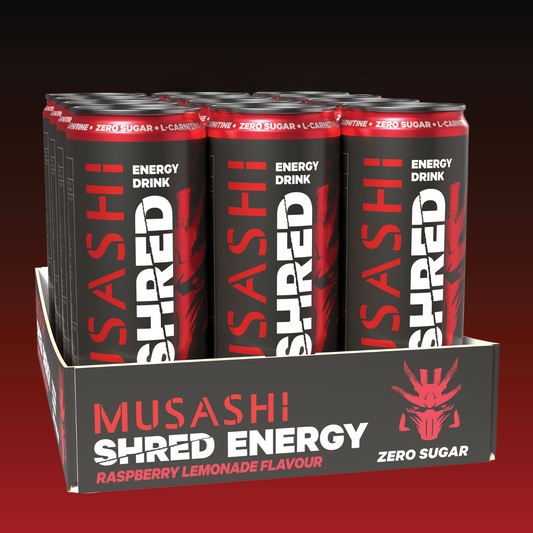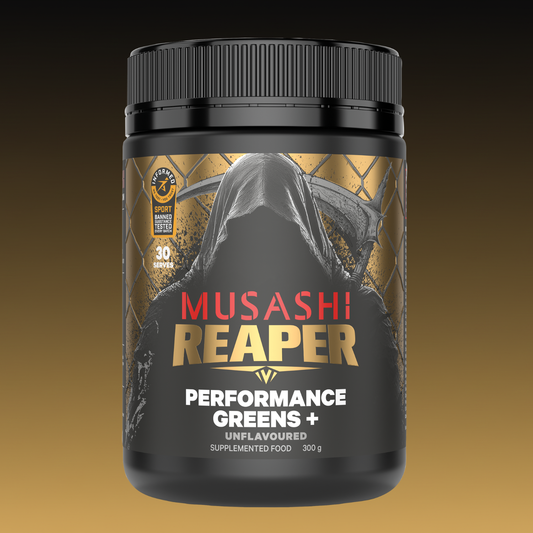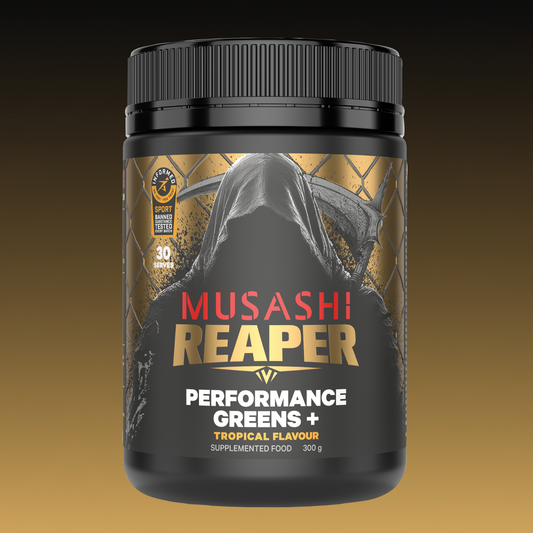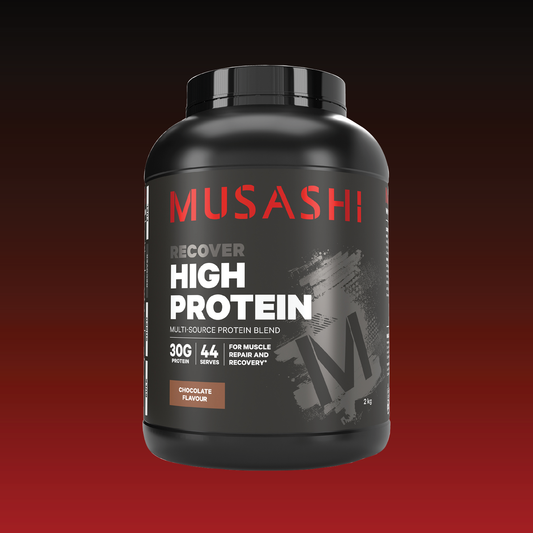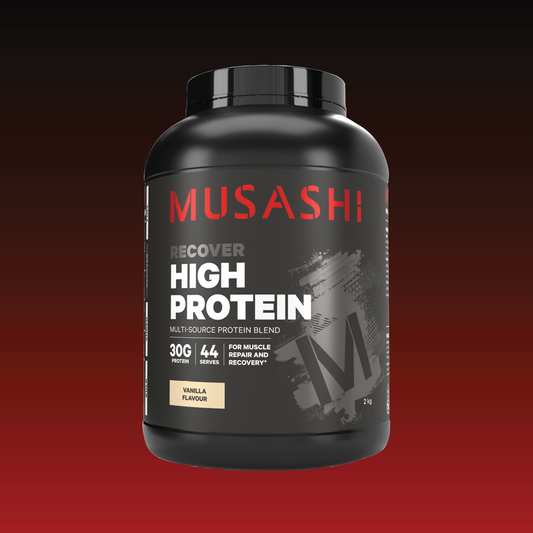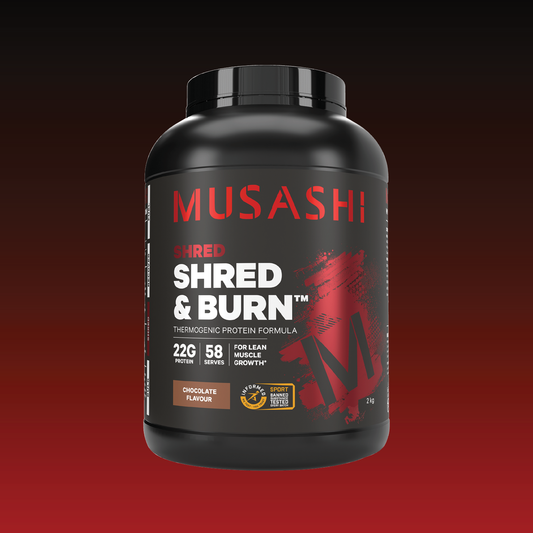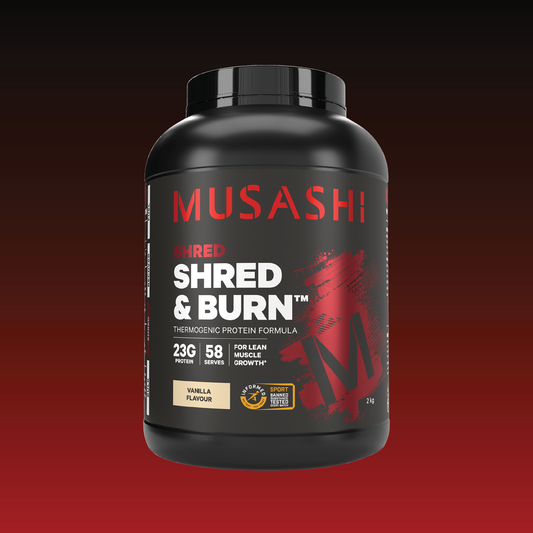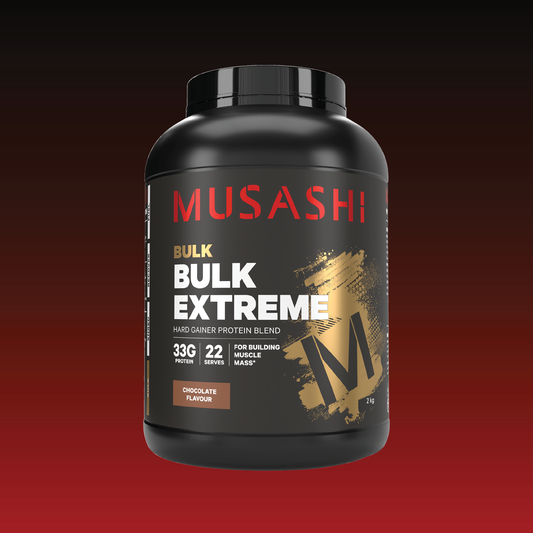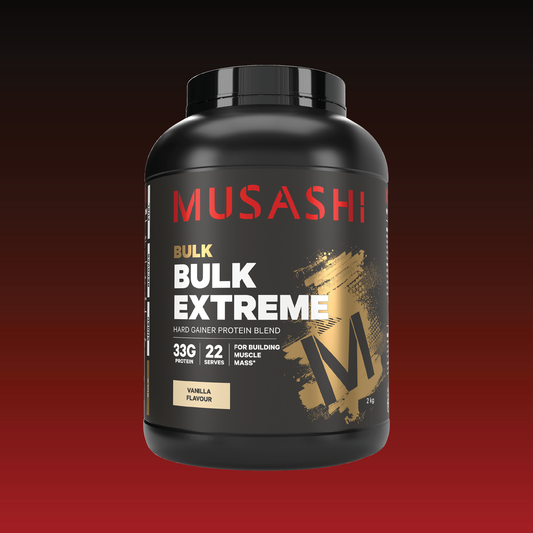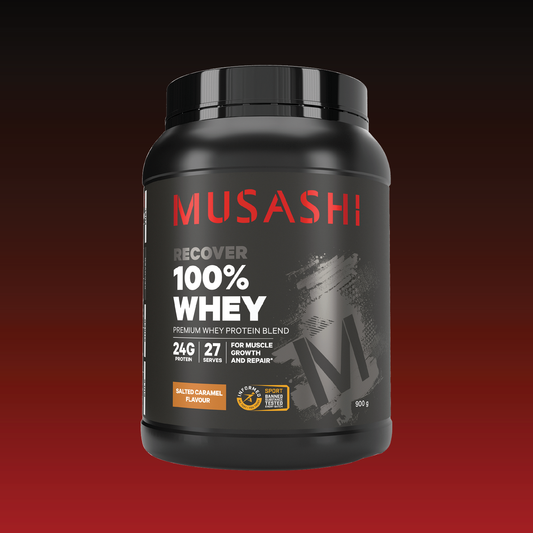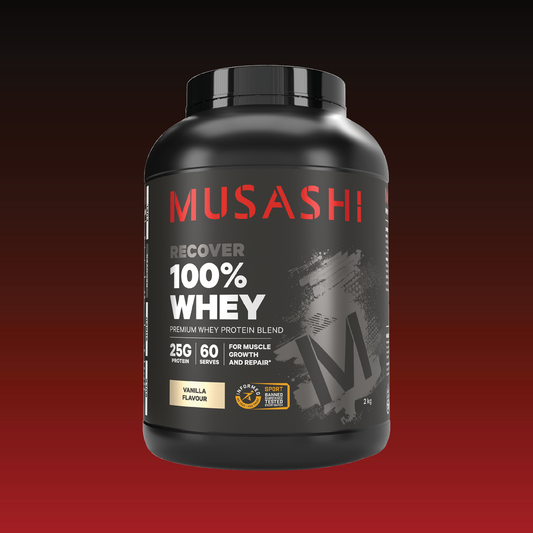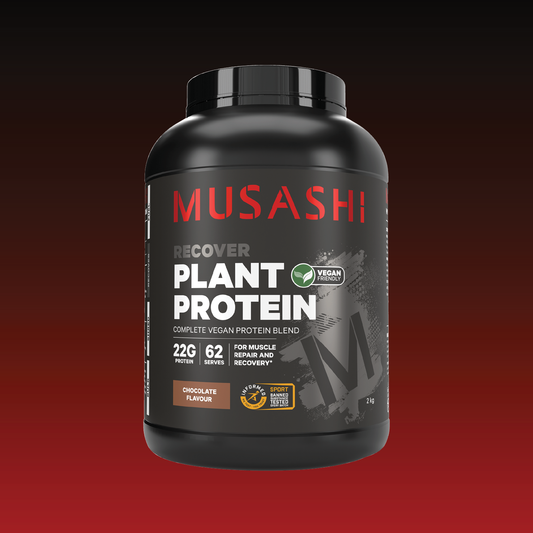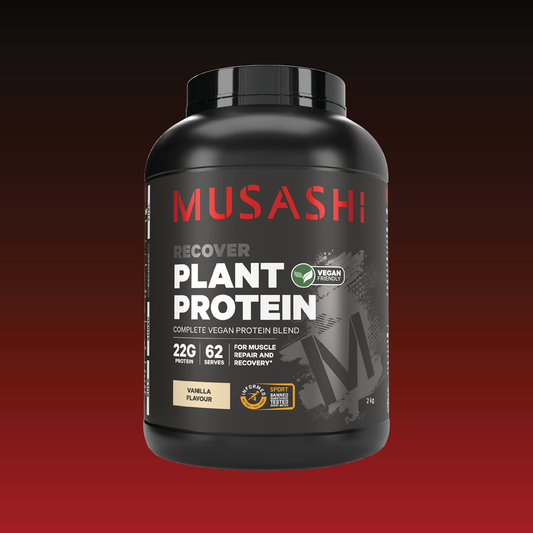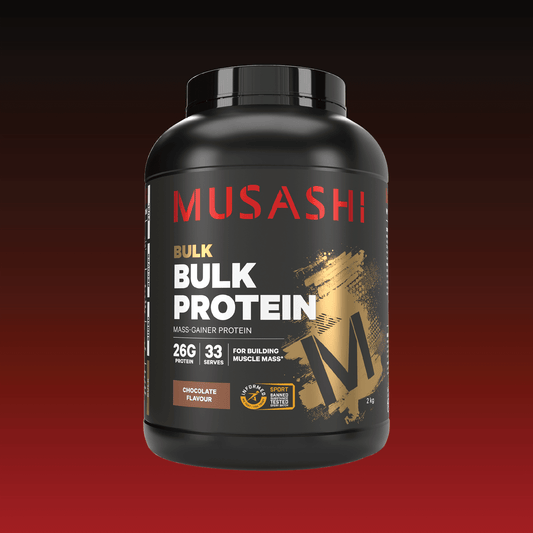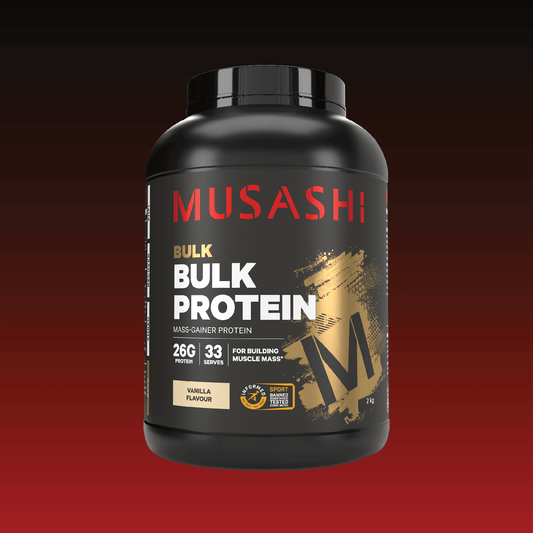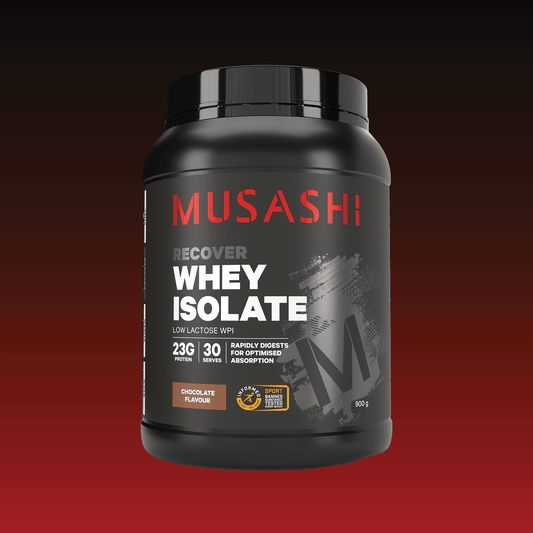High-quality protein powders are essential for athletes, offering convenient and effective nutrition for optimal performance and recovery. Making protein powders involves whey, a significant protein in cow's milk, which is separated, purified, and dried to create the powder. Two primary forms of whey protein, whey protein isolate (WPI) and whey protein concentrate (WPC), are widely used. WPI contains 90% protein and minimal fat and lactose, making it suitable for many individuals, while WPC includes 70-80% protein and offers various biologically active components. The choice between WPI and WPC depends on individual goals and preferences.
The best type of protein powder depends on individual preferences and dietary needs. Musashi offers a range of high-quality protein powders to cater to different requirements. Musashi 100% Whey is popular for its high-quality amino acid profile and fast absorption, making it a preferred choice for many athletes. For those who prefer plant-based options, Musashi Plant Protein is an excellent choice as it contains no animal products, making it ideal for vegetarians, vegans, or athletes with dairy intolerance. These options ensure that athletes can select the protein powder that best aligns with their dietary preferences and performance goals.
Quality differs between sports nutrition brands, with some including questionable ingredients, artificial additives, and refined sugars. Musashi, a reputable brand, conducts comprehensive tests and follows stringent quality standards to ensure product quality and safety. Their products are certified by Informed Sport, guaranteeing they are free from prohibited substances. Using the right protein powder is crucial for effective muscle building and overall athletic performance.
Our FAQs have been written by Gwen Gothard, Sport Performance Nutritionist.
What is protein powder / what does protein powder do?
Protein powder is a dietary supplement made from various protein sources like whey, casein or plant-based sources such as pea or rice.
Protein powder provides a concentrated source of protein, essential for muscle repair and growth and overall body function.
Its’ commonly used by athletes, fitness enthusiasts, and those with high protein needs and fitness goals, especially for post workout recovery. It’s versatile and convenient, easily incorporated into shake, smoothies, or meals for improved protein consumption.
Does protein powder expire?
Yes, protein powder can expire. The shelf life of protein powder varies but is typically around 1-2 years from manufacturing date. Consuming expired protein is not thought to be harmful, however it will have decreased effectiveness and taste. Always check the expiration date on the packaging and store it in a cool, dry place to maximise its shelf life.
Does protein powder make you fat?
Protein powder itself doesn’t inherently make you fat. Weight gain or loss is primarily influenced by your overall caloric intake and expenditure. Consuming excess calories from any source, including protein powder, can lead to weight gain. It’s essential to maintain a balanced diet and monitor your caloric intake to achieve your fitness goals, whether that’s gaining, losing, or maintaining weight.
How much protein powder should I have / How many scoops of protein powder per day?
The recommended daily protein intake varies based on factors like age, gender, and activity level and even protein powder.
On average a healthy adult should consume approximately 1.4-2.0 grams of protein per kilogram of body weight.
Example: For an 80kg male would require approximately 160g of protein. Generally, one to two scoops, provide about 20-40g of protein. So on average two protein shakes per day will provide 60g protein, leaving 100g of protein to come from whole food.
In conclusion, its’ essential to read the recommendation on the tub and follow guidelines of specific protein powders tailored to your situation to see how much can be consumed per day to supplement dietary protein intake.
Is protein powder good for you?
Protein powder can be a convenient way to supplement protein intake, especially for those with higher protein needs or limited dietary options. It is important to select high-quality protein powders such as Musashi 100% Whey or Musashi Plant Protein and use recommended dosage based on individual dietary needs and training goals.
Is protein powder good for weight loss?
Protein powder can support weight loss by increasing feeling of fullness, aiding muscle preservation during a calorie deficit diet. Musashi Shred and Burn protein powder contains ingredients that increases calorie burn, aiding in weight loss and fat burning by generating heat to boost metabolism.
What is the best type of protein powder / What protein powder should I use?
The protein powder used depends on an individual preference and dietary needs. Musashi protein powders include a range of choices tailored to specific fitness goals.
- Musashi 100% Whey is popular for its high-quality amino acid profile and fast absorption.
- Musashi Plant Protein contains no animal products and is ideal for vegetarians/ vegans or dairy intolerant athletes.
- Musashi Bulk Protein is perfect for athletes looking to put on muscle mass.
- Musashi Shred and Burn is a suitable option for those focusing on weight loss
The most fitting protein powder for your needs will depend on goal, dietary requirements and taste preference.
When to take protein powder?
You can take protein powder at various times, such as post-workout for muscle recovery, in the morning to boost protein intake, or as a snack, to increase satiety and reduce hunger. Protein powder can also be added to foods or smoothies to support overall daily protein intake.
Can kids have protein powder?
Musashi 100% Whey is derived from milk. A single serving offers a comparable amount of protein to that of a chicken breast. It is essential to emphasize that protein powders should not substitute whole foods in children. However, it is deemed safe for a healthy child, following a nutritious diet, to supplement their energy and protein requirements with protein powder.
Can you have protein powder when pregnant?
Consulting a healthcare professional before incorporating supplements into your diet during pregnancy is essential. While pregnant, it’s generally acceptable for women to use protein powders to meet their protein requirements. It is essential to seek guidance from your doctor as individual circumstances may vary.
How to use protein powder?
Mix the recommended serving of protein powder with water, milk, or a beverage of choice in a protein shaker or blender. Shake or blend until smooth. Consume instantly as a pre/ post workout or as a meal replacement.
Is protein powder bad for you?
Protein powder is safe when used as a supplement to a balanced diet. Excessive consumption or reliance on any food or supplement can be bad for you and can lead to digestive issues, nutrient imbalance, and potential harm to the liver. When used in the correct way, protein powder is like using whole foods and is not considered bad for your health.
